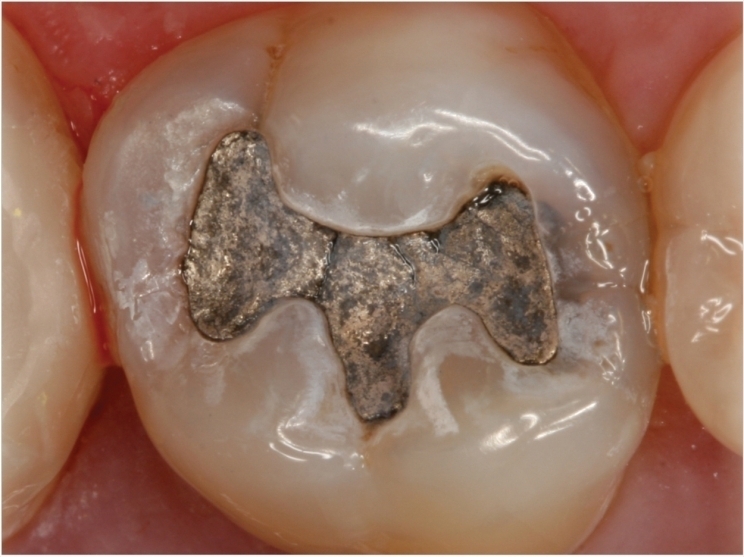
The Food and Drug Administration (FDA) will hold its first public advisory committee meeting on November 13 and 14 in Gaithersburg, Maryland, to convene experts and the public to gather and provide scientific evidence pertaining to metals and metal alloys used in medical devices, including dental amalgam.
The FDA notes that there is a growing body of evidence suggesting that a small number of patients who receive medical device implants may have biological responses to certain types of materials in those devices, such as inflammatory reactions and tissue changes that cause pain and fatigue.
Further, the FDA says that it is continuing its efforts to determine how to better identify patients who might be at increased risk of experiencing hypersensitivity before they receive an implant that includes metal so they and their healthcare providers can better consider those risks with the implant’s benefits.
During the meeting, the Immunology Devices Panel of the Medical Devices Advisory Committee will look at the potential for certain patients who receive medical device implants that contain select metal or metal alloys to develop immune and inflammatory reactions and whether current approaches and standards for biocompatibility are adequate.
The panel may provide input on additional scientific information the FDA should consider as part of premarket review and postmarket surveillance of metal-containing implants and dental amalgams. It also will evaluate potential gaps in current scientific knowledge to determine what additional studies may further understanding and mitigate risks.
For example, data may be useful in identifying patients with potential hypersensitivity responses and determining how risks could be mitigated by testing these patients before they receive an implant, modifying the device’s design, or other mechanisms. Then, patients and healthcare providers could make more informed decisions.
The FDA has posted a scientific review summarizing the current scientific knowledge regarding metal implants, including how their structure and function are impacted by the body’s tissues, muscles, and blood supply and how the metal components wear over time and interact with the body’s immune cells.
The FDA also has posted a second review providing an updated assessment of the latest literature and data assessing potential risks reported to be associated with dental amalgam. Further, the FDA says it is interested in stakeholders’ perspectives on this review as well as new information to help inform the current benefit-risk profile of dental amalgam.
According to the FDA, it continues to belief that the benefits of metal or metal alloys outweigh the risks for most patients, though the agency recognizes that it needs to closely monitor and evaluate new data as science evolves. The FDA also says it will continue to seek input from patients, manufacturers, researchers, and physicians.
Related Articles
Four European Nations Introduce Provisions to Phase Out Dental Amalgam
Amalgam Retains Strength After Contamination Better Than Other Materials
Improved Safety Measures Sought for Amalgam Filling Removal











